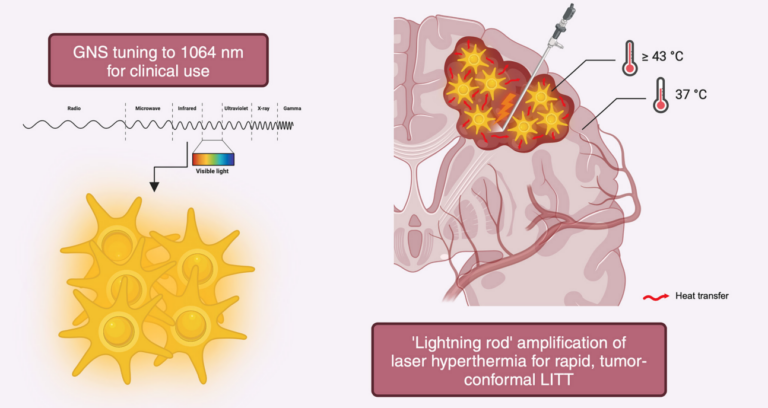Treatment Options for a Rare Tumor: Primary Hepatic Angiosarcoma
News, Oncoscience
June 21, 2024“[…] PHA is a rare yet aggressive mesenchymal tumor of the liver, which requires a multi-disciplinary approach to achieve the best patient outcomes.”
BUFFALO, NY- June 21, 2024 – A new editorial paper was published in Oncoscience (Volume 11) on May 20, 2024, entitled, “Primary hepatic angiosarcoma: Treatment options for a rare tumor.”
In this new editorial, researchers Gregory L. Guzik and Ankit Mangla from University Hospitals Cleveland Medical Center, University Hospitals Seidman Cancer Center, Case Western Reserve University School of Medicine, and Case Comprehensive Cancer Center discuss angiosarcomas — mesenchymal tumors that arise from the endothelium of blood or lymphatic vessels. Primary hepatic angiosarcoma (PHA) is the most common mesenchymal tumor of the liver, yet very rare.
“In our analysis of the National Cancer Database (2004–2014), the incidence of PHA was only 0.29% compared to hepatocellular carcinoma (HCC), which is the most common epithelial tumor of the liver [1].”
A high index of suspicion is needed to diagnose PHA. The clinical presentation of PHA is very similar to that of hepatocellular carcinoma (HCC). In a patient with liver cirrhosis presenting with a liver mass, typical imaging findings are usually sufficient to diagnose HCC [2]. Where a biopsy is seldom performed to establish the diagnosis of HCC, the diagnosis of PHA is exclusively based on pathologic confirmation. The prognosis of patients with PHA is much worse compared to those with HCC (1.9 versus 10.3 months, adjusted hazard ratio (aHR) 2.41, 95% Confidence Interval (CI): 2.1–2.77, p < 0.0001).
“Hence, diagnosing PHA at the outset is critical to determine prognosis and direct the correct treatment.”
Continue reading: DOI: https://doi.org/10.18632/oncoscience.602
Correspondence to: Ankit Mangla
Email: Ankit.Mangla@UHhospitals.org
Keywords: angiosarcoma, liver angiosarcoma, immunotherapy
About Oncoscience:
Oncoscience is a peer-reviewed, open-access, traditional journal covering the rapidly growing field of cancer research, especially emergent topics not currently covered by other journals. This journal has a special mission: Freeing oncology from publication cost. It is free for the readers and the authors.
Oncoscience is indexed and archived by PubMed, PubMed Central, Scopus, META (Chan Zuckerberg Initiative) (2018-2022), and Dimensions (Digital Science).
To learn more about Oncoscience, visit Oncoscience.us and connect with us on social media:
For media inquiries, please contact media@impactjournals.com.

